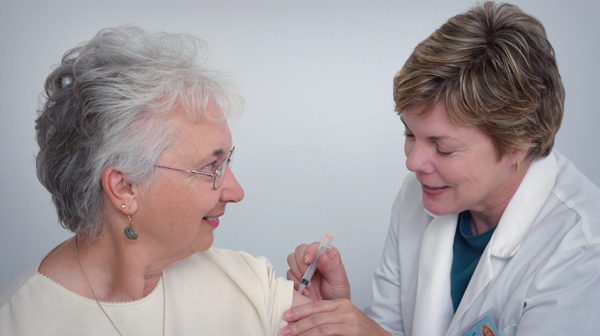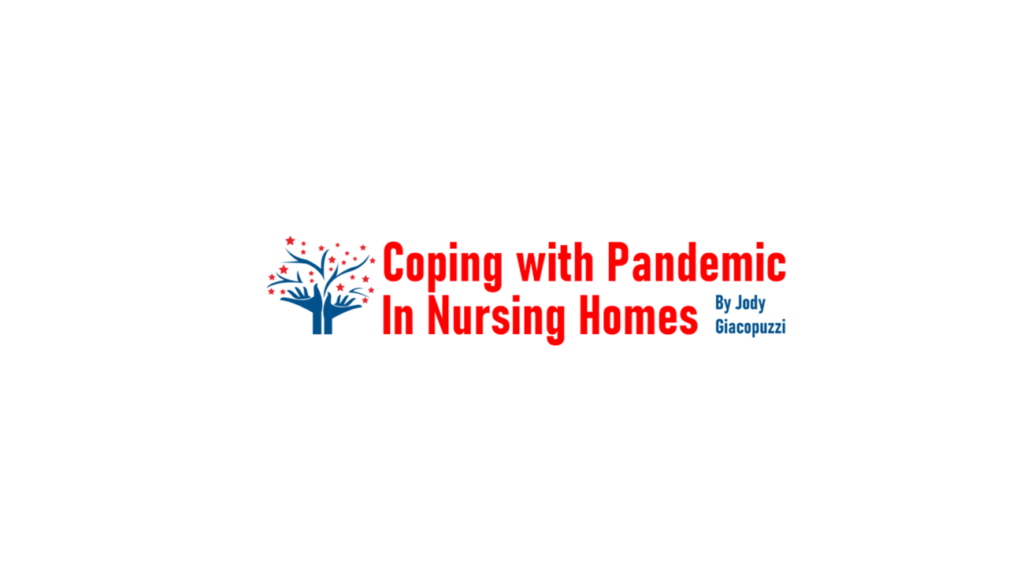
The Purpose of Screening and Assessing for Trauma in Nursing Home Residents
The Mega Rule 3 requirement for trauma-informed care goes into effect November 28, 2019. This regulation reflects the importance of compassion and empathy when we assess for potential trauma that our residents may have experienced, including the possible trauma of coming to live in a nursing home.
Adopting a trauma-informed care approach also requires staff to think differently about their potentially traumatized residents by asking “What happened to you?” instead of “What is wrong with you?” This is a far more engaging and respectful approach, especially when working with a resident who may already feel broken, unwanted, or unloved.
Another important component of trauma-informed care is recognizing trauma’s impact on our residents’ perception of physical and emotional safety, relationships, and behaviors. Not implementing trauma-informed care may result in a resident being classified as noncompliant or difficult. Often a resident’s otherwise challenging behavior may be provoked by a legitimate trigger that easily could have been avoided. For example, loud music during an activity may trigger agitation in a resident whose trauma is noise-related.
In summary, trauma-informed care can be described as a reminder to staff of the dangerous or frightening things that may have happened in the past to our residents. It offers examples of feelings that may arise such as helplessness, rage, sadness, terror, and behavior that may result from these feelings.
Our job as caregivers/staff in a nursing home is to provide a safe, supportive environment. We leave the exploring of the cause of the trauma and its related feelings and behaviors to the mental health professionals.





